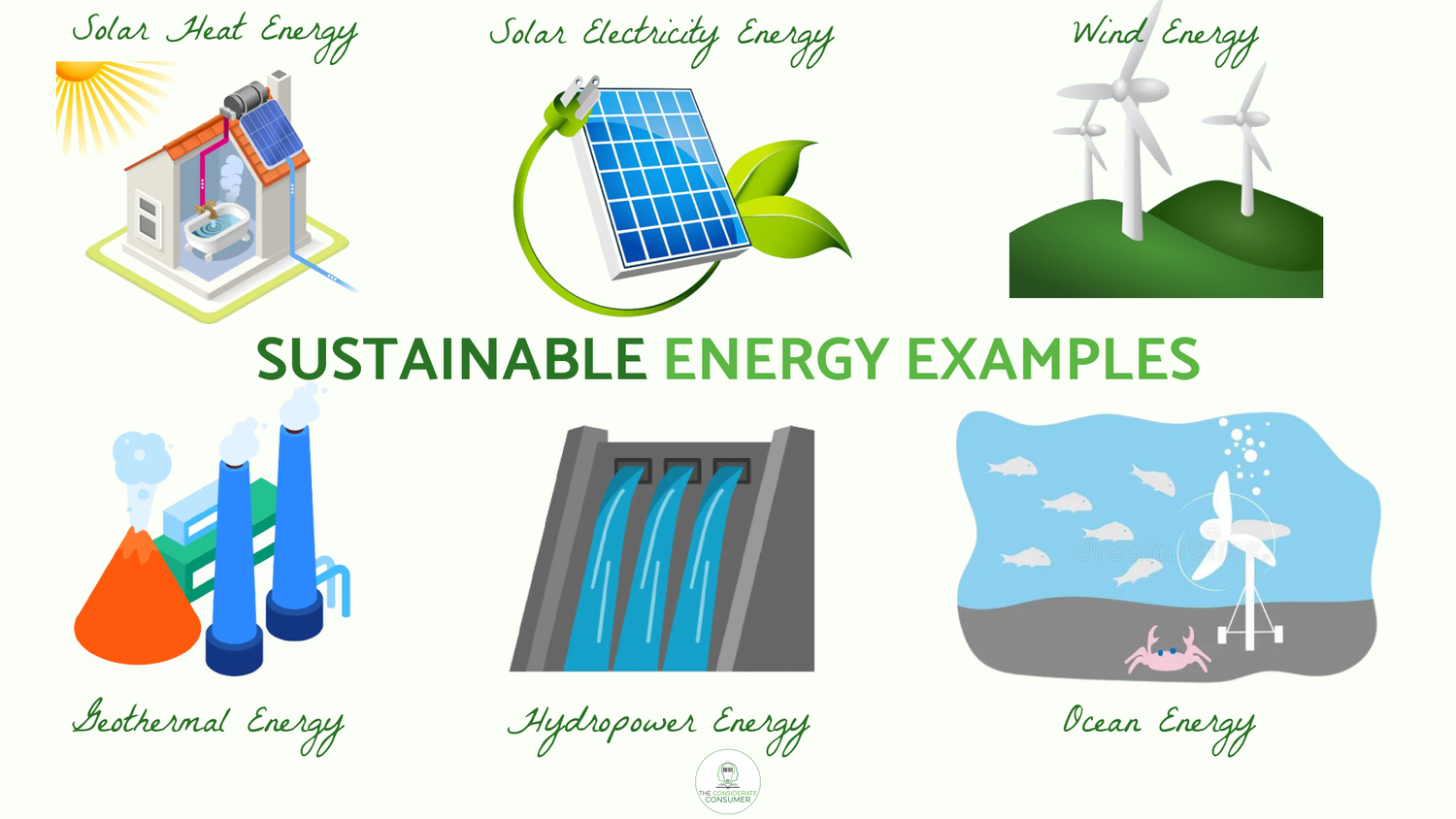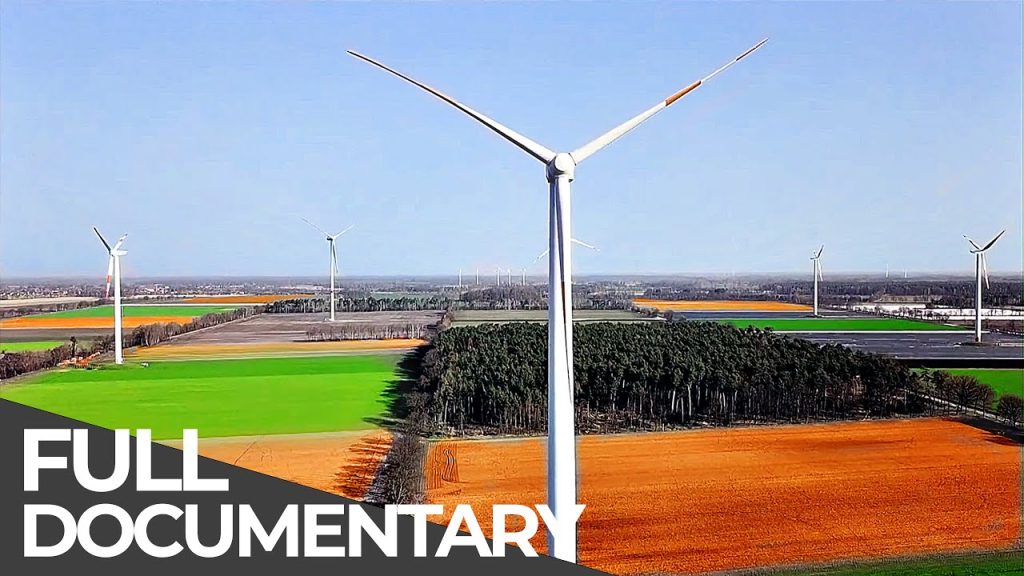

Renewable energy for your home is an increasingly important topic for homeowners seeking sustainable options. It’s more than just a trend; it’s a necessary step toward a cleaner future. Renewable energy sources provide environmentally conscious alternatives to traditional energy, reducing our dependence on fossil fuels. The concern for environmental impact and rising energy costs prompts many homeowners to explore renewable energy alternatives. This guide will dive into how you can incorporate sustainable energy systems in your home, along with specific options like solar, wind, and geothermal energy. We’ll also explore cost-effectiveness, available incentives, and the environmental benefits of making this transition.
Exploring Sustainable Options
Understanding Renewable Energy
Renewable energy, encompassing sources like solar, wind, and geothermal power, provides a sustainable alternative to traditional fossil fuel-based energy. This shift is driven by concerns about climate change, rising energy costs, and the desire to reduce environmental impact. By harnessing natural resources, renewable energy offers a cleaner and more environmentally responsible way to power our homes. It’s important to note that the transition often involves upfront costs. However, these costs can be offset by long-term savings and government incentives. Many families across the country are already enjoying the benefits of renewable energy.
Solar Energy for Homes
Harnessing Sunlight’s Power
Solar energy is arguably the most popular renewable energy option for homes. Its reliability and cost-effectiveness, along with government incentives in many regions, make it a prime choice for reducing household energy consumption. The core concept involves photovoltaic (PV) panels converting sunlight into electricity. Homes can generate their electricity through rooftop panels, reducing the need for grid-supplied power. The cost-effectiveness is often influenced by the installation size and local solar irradiance. Additionally, incentives, such as tax credits or rebates, can significantly decrease the overall cost for homeowners.
Wind Energy Integration
Utilizing Wind Power
While less common for individual homes, wind energy can offer a substantial solution for larger-scale applications. Many communities are implementing wind farms to provide clean energy to the grid. For homeowners, smaller wind turbines are a possibility, although they usually come with considerable upfront costs and may require specific geographical conditions for consistent operation. However, communities with ample wind resources can benefit considerably. The effectiveness often depends on factors such as wind speed and regularity.
Geothermal Energy Solutions
Harnessing Earth’s Heat
Geothermal energy taps into the Earth’s internal heat. While often linked to large-scale power generation, smaller-scale geothermal systems are emerging for domestic heating and cooling. This technology uses the constant temperature of the Earth to maintain a stable indoor temperature. The effectiveness of geothermal energy heavily relies on factors such as the local geological conditions, and a thorough assessment is vital. Moreover, specialized equipment and installation expertise are often necessary.
Financial Incentives and Support
Government and Community Assistance
Numerous government and community programs are available to assist homeowners in transitioning to renewable energy systems. These initiatives often include tax credits, rebates, and grants specifically designed to incentivize sustainable energy choices. It’s essential to research and understand the available options in your region. Research your local government websites and utility companies to find suitable programs.
The Environmental Advantages
Reducing Your Carbon Footprint
The shift toward renewable energy significantly contributes to reducing carbon emissions. By embracing solar, wind, or geothermal systems, you directly contribute to minimizing your environmental impact. This reduction translates to a lower carbon footprint, helping to mitigate climate change. Studies have shown that transitioning to renewable energy options in homes can have a profound and positive impact on global carbon emissions.
Choosing the Right System
Evaluating Your Needs
The ideal renewable energy system for your home depends on several factors. These include your home’s location, energy consumption, and budget. Solar panels, for example, might be more suitable for areas with ample sunlight. Consult with local renewable energy specialists to determine the optimal system and assess the long-term viability and savings potential. It’s crucial to consider the long-term implications and consult an expert for accurate assessments.
Energy Efficiency Measures
Enhancing Sustainable Living
Integrating renewable energy with energy efficiency measures is a powerful combination. Improving insulation, upgrading windows, and adopting energy-efficient appliances can complement your renewable energy system. Combining these approaches maximizes the effectiveness of renewable energy systems, resulting in substantial long-term savings. Energy audits offer a comprehensive evaluation of your home’s energy usage, helping to identify areas for improvement.
Case Studies and Success Stories
Real-World Examples
Numerous homeowners are successfully implementing renewable energy systems. Online platforms and communities provide access to real-life examples, showcasing how these systems have benefited others in reducing energy bills, carbon footprint, and reliance on traditional energy sources. These examples offer inspiration and insights into navigating the transition to renewable energy. Success stories offer tangible insights to potential adopters and show the feasibility of renewable energy solutions in various settings.
Frequently Asked Questions
What are the upfront costs of installing renewable energy systems?
The upfront costs of installing renewable energy systems, like solar panels, can vary greatly based on factors such as the size of the system, the location of your home, and the specific technology used. However, many homeowners discover that the initial investment is offset by the long-term savings in energy bills. Furthermore, various government grants and incentives are often available to make the transition more affordable. You can speak with a financial advisor to understand how to get the best deal.
How do renewable energy systems affect my energy bills?
Renewable energy systems, such as solar panels, can significantly reduce your monthly energy bills, sometimes even eliminating them altogether. Generating your own electricity reduces your dependence on the grid, leading to lower utility costs. Beyond direct savings, you also contribute to a cleaner environment and potentially increase the resale value of your property. Check local energy prices, consult a solar panel installer, and explore potential savings calculators to better understand the cost-effectiveness.
In conclusion, embracing renewable energy for your home is a smart investment for your future and the planet. By choosing renewable energy sources like solar, wind, or geothermal, you’re not only lowering your carbon footprint but also potentially saving money on energy bills in the long run. Ready to transition to a more sustainable lifestyle? Contact a local renewable energy consultant to discuss the best options for your home. Learn more about the latest innovations in renewable energy technology and explore the numerous incentives available.